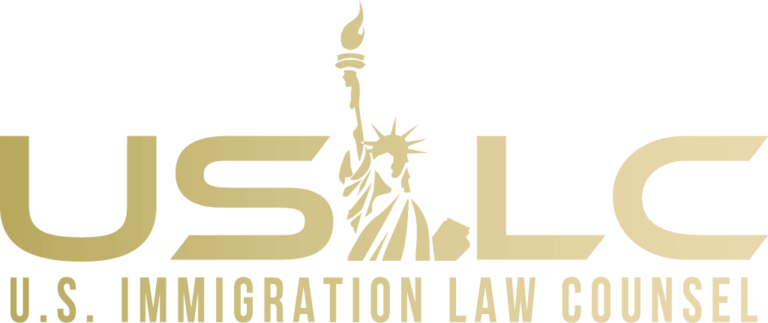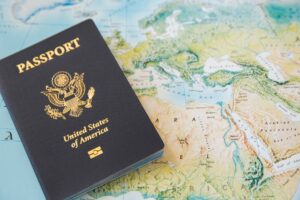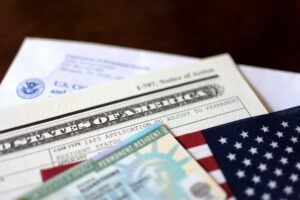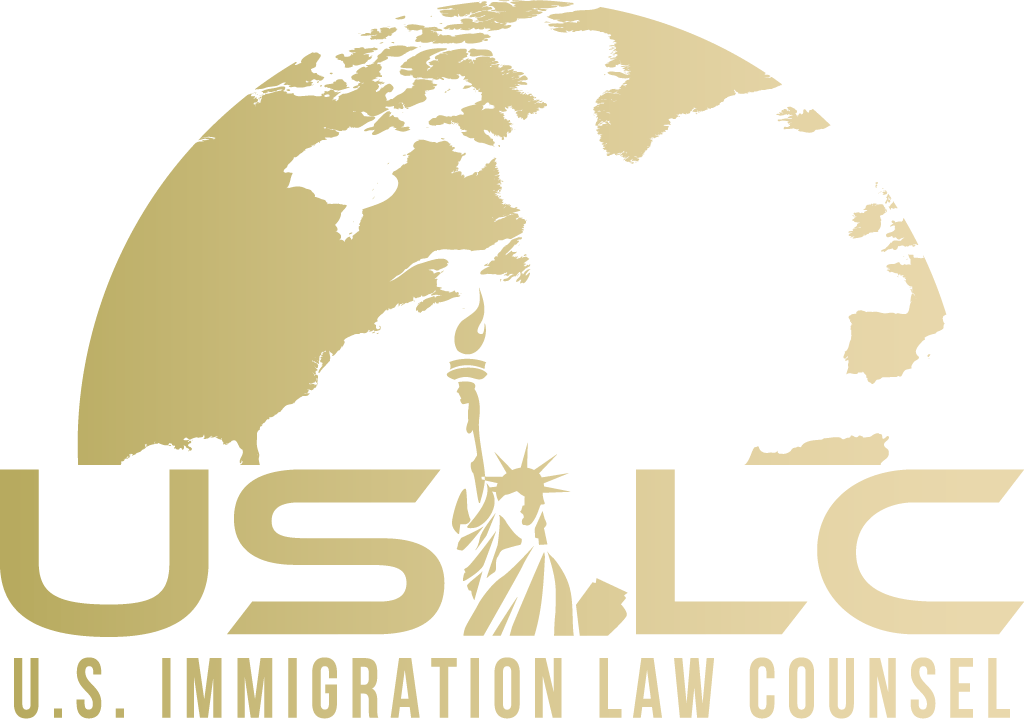The Department of Homeland Security published a Provisional Waiver Final Rule in the Federal Register on, July 29, 2016, implementing changes to the provisional waiver (Form I-601A) program. This finalized the proposed rule published on July 22, 2015, with several important changes based on comments received from the public. Expanding eligibility to more people is important because getting a waiver approved before leaving the United States keeps the amount of time an applicant has to remain outside the U.S. much shorter. Less time outside the U.S. can limit hardship to family members back in the U.S., as well as save government money required to adjudicate waiver application for applicants located abroad.
What will the final rule change about provisional waivers?
First, this rule now allows spouses and children of permanent residents, in addition to spouses of U.S. citizens, to get waivers approved before leaving the United States to attend an immigrant visa interview. The standard is the same for U.S. citizen-based and permanent resident-based waivers – extreme hardship. An applicant has to prove that her relative would suffer much more than a normal relative in the situation of being faced with a potential separation of ten years from the applicant.
Second, applicants for employment-based immigrant visas, certain special immigrants, and the derivative family members in each category can now use provisional waivers.
Third, even though the July 2015 proposed rule discussed a forthcoming definition of extreme hardship, the government has not supplied that clarification. They’ve said they will not help us out by providing examples of cases that should be approved or being more specific about what extreme hardship means. We immigration attorneys have been complaining about inconsistent government decisions interpreting that short phrase “extreme hardship.” But the immigration service will continue deciding extreme hardship on a case-by-case basis.
Fourth, people who had immigrant visa interviews scheduled before provisional waivers first became available in 2013 can now apply for provisional waivers. They have removed the former restriction in that regard.
Fifth, a small number of people who have been ordered removed (or deported or excluded) but did not depart the United States will now be able to apply for provisional waiver applications. The conditions are that the applicant must have already obtained an approved Application for Permission to Reapply for Admission into the United States After Deportation or Removal (Form I-212) and that the removal order cannot have been reinstated. If the order is reinstateable, but the government has not acted to reinstate, provisional waivers are possible. This will help some people with in absentia orders if they can show reasonable cause for having failed to attend a removal hearing.
Last, provisional waivers will no longer be denied because the immigration service has “reason to believe” another ground of inadmissibility besides the three- or ten-year bar applies. This change was not anticipated by the proposed rule from 2015, and will have both positive and negative consequences.
This rule will help many families. If you have questions and would like more information please contact our office and we will be more than happy to assist you in this process. (954) 240-1669.






